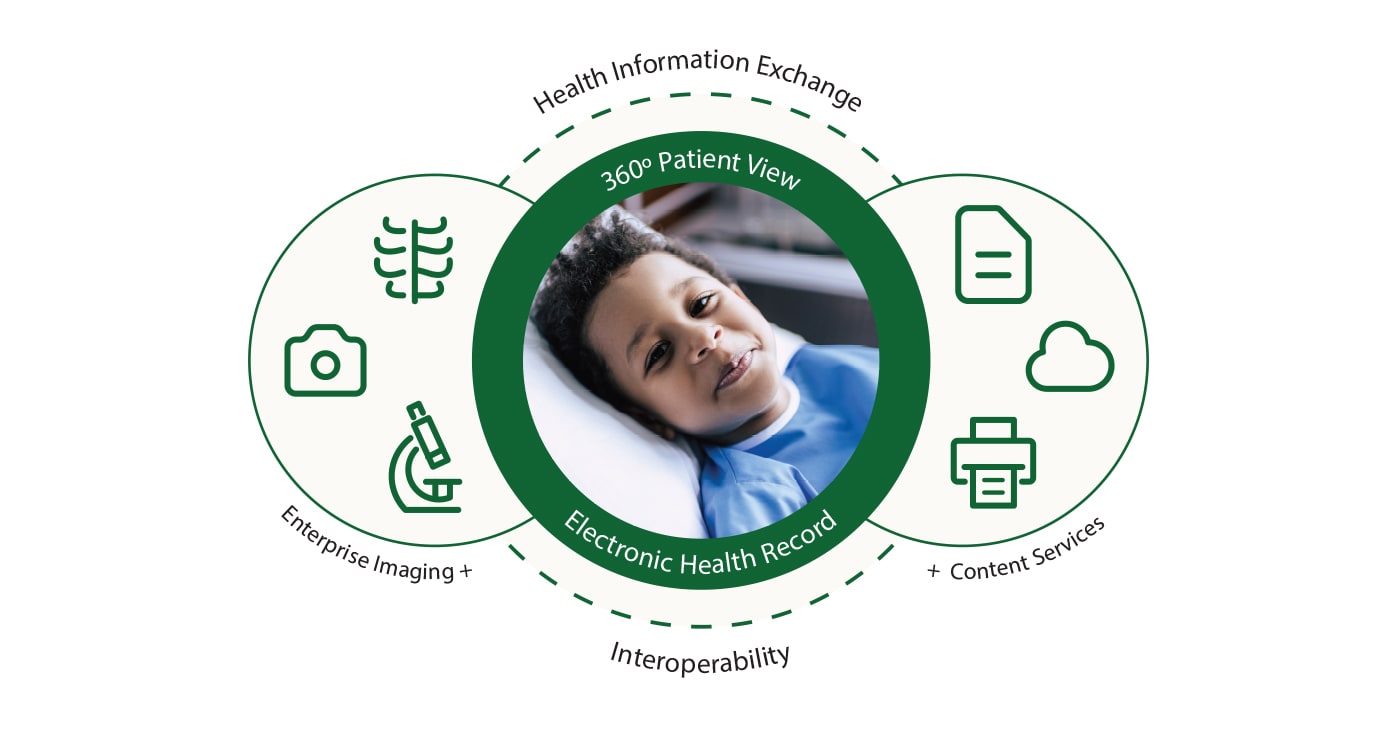Discover How Health Care RCM Processes Transform Administrative Tasks Into Seamless Workflow
In the ever-evolving landscape of medical care, Earnings Cycle Administration (RCM) processes have actually arised as a pivotal pressure in changing administrative tasks right into seamless operations. By harnessing cutting-edge modern technology and fine-tuned approaches, RCM supplies a sophisticated method to handling person registration, billing, and declares handling. The answers to these questions are important for comprehending the future of healthcare management.
Recognizing Health Care RCM
Revenue Cycle Management (RCM) in health care is an essential procedure that makes certain the economic health and wellness of clinical institutions by managing the entire lifecycle of patient service earnings. It integrates different administrative and medical functions, starting from the preliminary organizing of a clinical consultation to the eventual collection of repayment for solutions rendered. Healthcare RCM. RCM is critical in taking care of the intricacies of payment and compensations, making certain that health care providers get compensation for their services efficiently and properly
Key elements consist of individual scheduling, insurance verification, fee capture, case entry, and repayment publishing. RCM is not solely regarding economic collections; it also intends to enhance client satisfaction by minimizing invoicing errors and improving transparency.
The effectiveness of RCM is contingent upon the seamless assimilation of modern technology and personnel expertise. Utilizing innovative software program remedies enables medical care establishments to automate recurring tasks, thus reducing administrative worries. In addition, experienced workers are essential in browsing regulatory needs and payer plans, ensuring conformity and maximizing earnings recovery.
Improving Person Enrollment
Simplifying person registration is a basic action in boosting the efficiency of health care revenue cycle management. It entails maximizing the preliminary communication between individuals and doctor to ensure a smooth information collection process. Key elements include the precise capture of client demographics, insurance policy verification, and permission procurement. By digitizing these procedures through integrated electronic health documents (EHR) systems, health care facilities can reduce mistakes, decrease paperwork, and quicken individual throughput (Healthcare RCM).
Automated systems aid in confirming insurance policy qualification in real-time, which not only minimizes administrative burdens yet also improves client complete satisfaction by preventing unforeseen payment problems. In addition, pre-registration processes allow individuals to total kinds on the internet prior to their visit, lowering delay times and enabling staff to concentrate on even more complicated tasks. This proactive technique guarantees that all necessary details is gathered and validated before treatment is provided, therefore avoiding delays in subsequent billing and declares processes.
Educating personnel to make use of these systems successfully is essential. It ensures that information entry is precise and consistent, fostering a seamless change from individual registration to various other revenue cycle procedures. Inevitably, simplifying client registration lays the foundation for an extra efficient, patient-centered health care delivery version.
Reliable Billing Solutions
Effective invoicing options are essential to optimizing medical care profits cycle administration. They function as the foundation for making sure prompt and precise financial deals in between patients, doctor, and insurance provider. By leveraging innovative innovation and structured processes, healthcare facilities can significantly lower invoicing errors, minimize hold-ups, and enhance money flow. Applying robust invoicing systems assists in exact cost capture, making certain all solutions made are accounted for and billed properly. see post Automation devices can integrate billing information with scientific records, avoiding and decreasing discrepancies claim denials.
In addition, efficient invoicing remedies equip doctor to offer clear rates and payment details to patients, cultivating depend on and improving client complete satisfaction. Real-time payment systems allow health care team to provide instant feedback on person qualification and out-of-pocket prices, enhancing the total client experience. These remedies likewise permit seamless combination with digital health documents (EHR), making certain that invoicing and clinical details remain in sync, minimizing management burdens on healthcare service providers.
Including reliable billing solutions right into the earnings cycle monitoring framework not only optimizes operational performance but site link additionally reinforces monetary performance. By reducing mistakes, increasing settlement cycles, and boosting person communication, health care organizations can focus much more on delivering top quality treatment while maintaining financial sustainability.
Maximizing Insurance Claims Processing

In the world of medical care earnings cycle management, maximizing insurance claims processing is vital for maintaining economic wellness and functional performance. A streamlined claims procedure lessens the time in between solution shipment and settlement, thereby boosting cash money flow and lowering the chance of errors. Effective cases processing starts with accurate paperwork and coding, which are vital to make certain that cases are submitted without discrepancies that could bring about denials or delays.
Leveraging innovative technology, such as automated insurance claims management systems, can dramatically boost the effectiveness of this procedure. These systems are developed to automate repeated tasks, track claims through each stage, and flag prospective concerns early. This not just reduces the management concern on personnel but additionally enhances the accuracy of entries by minimizing human mistake.

Enhancing Earnings Collection

Additionally, denial monitoring plays an essential function in taking full advantage of profits collection. Determining patterns in claim denials, link recognizing root reasons, and implementing corrective activities can significantly lower repeating issues, therefore boosting capital. Carriers ought to purchase robust analytics devices that help with in-depth coverage and evaluation, permitting them to fix and resolve rejection patterns without delay.
Timely follow-up on superior claims is another important aspect of profits collection. Developing a systematic method to keep track of and go after aged accounts ensures that no profits is left unclaimed. Using dedicated team or automated systems to track these claims can enhance efficiency and guarantee consistent cash inflows.
Conclusion
Medical Care Income Cycle Monitoring (RCM) procedures considerably enhance administrative performance by incorporating advanced innovation and human know-how (Healthcare RCM). The automation of patient registration, billing, and claims processing reduces mistakes and increases capital, inevitably improving patient fulfillment through real-time insurance verification and clear invoicing. By ensuring seamless operational flow, RCM permits health care suppliers to focus on quality treatment while optimizing revenue recovery and preserving financial security, hence changing management jobs right into efficient, streamlined procedures
Earnings Cycle Management (RCM) in health care is a critical procedure that makes sure the monetary health of medical institutions by looking after the whole lifecycle of individual service profits.Simplifying person enrollment is a fundamental step in enhancing the performance of healthcare earnings cycle monitoring. It includes maximizing the first communication between people and healthcare service providers to make certain a smooth information collection procedure.Moreover, reliable payment services encourage health care companies to use transparent rates and invoicing information to patients, promoting depend on and boosting individual complete satisfaction. Real-time payment systems enable healthcare personnel to offer prompt responses on individual qualification and out-of-pocket prices, enhancing the total patient experience.
Comments on “Healthcare RCM Solutions for Efficient Profits Cycle Management”